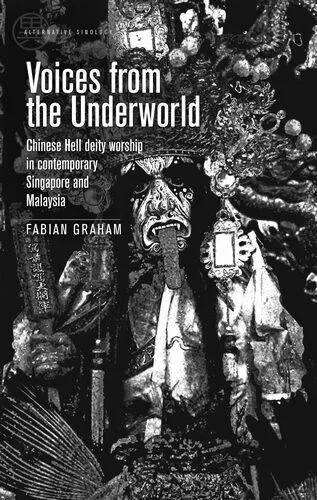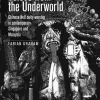The ancient Chinese deity of the underworld is King Yama, who is known as the lord of death and judge of the dead. His function is to keep an account of every human life, and to decide where the souls of the dead will transmigrate after death. He is accompanied by a scribe, who carries a large book that contains dates of each human life. If a human lived a good life, he would be rewarded with a good future life.
Xiwangmu
Xiwangmu was an ancient Chinese deity who ruled over health, fertility, and longevity. She was also worshipped for her power over rain. The goddess was known to pray for good harvests. The deity’s worship is still common today.
She is depicted as sitting on a raised stool holding a staff. Three birds also attend her. Her husband, the King Father of the East, also called Dongwanggong, is also depicted as her attendants. Although both were considered equally important, Xiwangmu’s popularity outweighed that of her husband.
Xiwangmu was once a vicious monster. Later on, she became an immortal deity. In this evolution, her beastly attributes were lost and she was presented as wholly human. She was also described as an elderly woman, but despite her appearance, she still retained her powers and is now considered a benevolent force.
In addition to Xiwangmu, Huang Di was an important figure in Chinese mythology. According to legend, he met the goddess Xiwangmu and brought about many inventions in the form of coffins and the custom of burial. Huang Di was also credited for inventing Chinese medicine, astronomy, and the art of war.
The gods of ancient China were believed to have created the world and human beings. Their duties included providing victory in battle, controlling weather, and governing law. In addition, there were more than 200 deities and over 1,000 spirits in ancient China. In addition to the countless deities and spirits of the underworld, each place had its own elemental earth spirit. These spirits were known as Tudi Gong.
The god of wealth Caishen was also an important figure in ancient Chinese mythology. According to Britannica, he was originally a hermit named Zhao Gongming, who used magic to help the Shang dynasty. He was then executed by the last Shang emperor. Caishen was a popular deity among the merchant class, and temples dedicated to him were among the most common in traditional China.
Guanyin, a goddess of mercy, is the patron of sailors and fishermen. She and her husband, Fuxi, were often depicted as human-dragons. The two gods came to China through the Silk Road. Their mission was to create humanity. The two deities were thought to have created humans from the mud of the Yellow River. Guanyin had the ability to see human beings in peril at sea.
Another ancient Chinese deity is Yinglong. This deity was a sea god. It was also believed to have control over all water. It was a god of rain and had a strong influence over the lives of people. Some Chinese people worshiped Yinglong in hopes of receiving rain.







